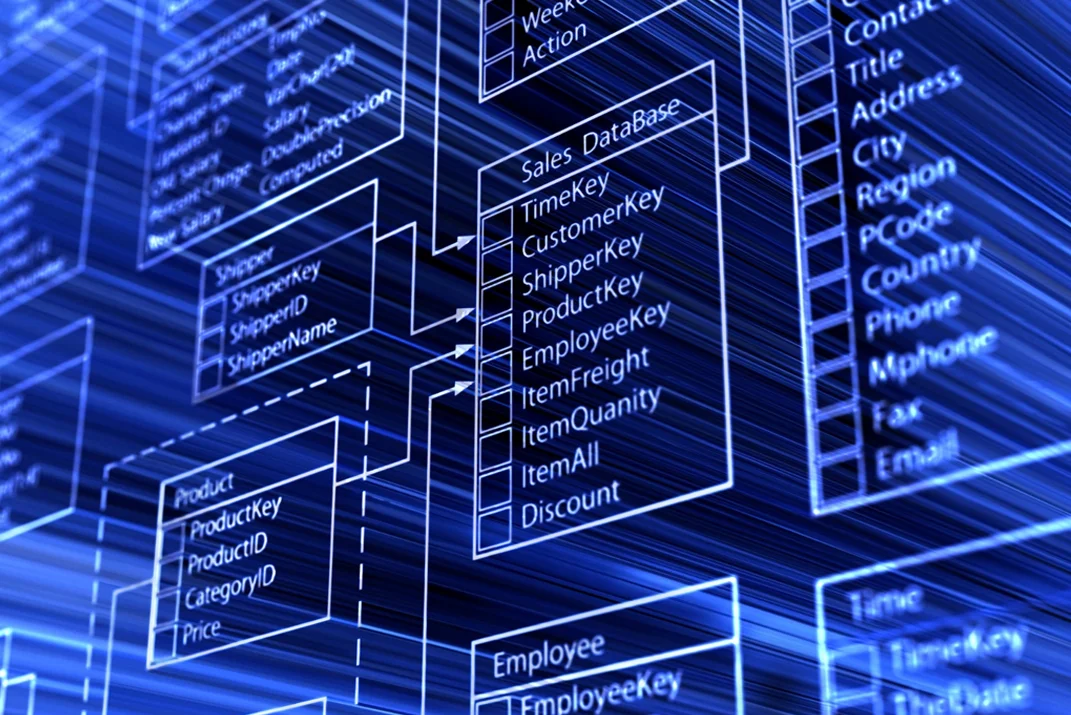Summary:
In this article, learn the benefits HR departments receive by transitioning to digital technology. By automating workflows, HR organizations save time, reduce costs, and gain strategic insights. It not only improves employee experience with faster, cloud-based processes but also:
- Boosts efficiency by automating manual HR tasks
- Enables data-driven decisions from digital workflows
- Organizations show major gains in speed, accuracy, and employee engagement
At the core of every organization is its people. That’s why, according to Deloitte’s Global Human Capital Trends report, as public agencies and private businesses move toward complete digital transformation, human resources (HR) teams are taking on a larger role in helping organizations be digital, not just do digital.
According to Deloitte, the challenge facing HR teams is two-fold: transforming HR operations and transforming the workforce and the way work is done.
Successful HR leaders focus on building organizations of the future. As employees become increasingly technically savvy, they expect integrated, digital experiences at work. That makes the HR department an obvious and effective place to set the pace and tone for overall digital transformation.
What is Digital HR?
Digital HR refers to the use of digital technologies to streamline and optimize HR processes, from recruitment and onboarding to employee engagement and performance management. It involves leveraging data and analytics to make more informed decisions, as well as using tools like chatbots, mobile apps, and online platforms to improve the employee experience. Ultimately, the goal of digital HR is to create a more efficient, agile, and responsive HR function that can support the organization’s overall digital transformation.3 Benefits of HR Digitization: Why Being Digital Powers HR and Entire Organizations
The digitization of HR processes is a key driver of efficiency and effectiveness in modern organizations. By leveraging digital tools and platforms, organizations can realize a range of benefits that not only improve HR operations, but also enhance the overall employee experience and drive better business outcomes. Let’s dive into the top three benefits.Better Employee Experiences
Digitizing HR processes improves the overall employee experience by increasing efficiency and accuracy. With cloud-based software and digitized HR documents, tasks that used to take days can now be completed in minutes. This not only improves the functionality of HR processes but also creates a digital-first culture that embraces change. Ultimately, digitization can enhance the speed and quality of employees’ work, leading to increased job satisfaction and happiness, and resulting in a positive impact on the organization as a whole.Improved Operational Efficiency
By leveraging digital tools and platforms, HR departments can streamline many time-consuming tasks, such as data entry, document management, and record-keeping. With digital process automation, HR staff can access information quickly and easily, reducing the need for manual intervention and minimizing errors. This, in turn, leads to faster turnaround times and improved accuracy in HR processes. Additionally, digital HR processes can help automate repetitive tasks, freeing up HR staff to focus on more strategic initiatives.Better Decision-making
Automated and digitized HR processes can provide HR leaders with access to data and analytics that can help them make more informed decisions. By leveraging data on everything from employee performance to recruitment metrics, HR can identify trends and patterns that can inform strategic planning and improve outcomes. This can lead to more effective HR practices and better alignment with organizational goals.Digitizing HR: Begin With These Two – Documents & Processes
Employee Records and Files
Digitizing the components of employee files and personnel records is a smart place to start digitizing HR. Operational inefficiencies, compliance concerns, audit readiness issues, and ill-defined retention policies result from decentralized, paper-based employee files. Storing employee documents on paper increases risk of information security breaches and slows efficiency. It’s also costly. You can realize the benefits of digitization by scanning documents such as:- Employment agreements
- Tax documents
- Termination notices
- Severance packages
- Benefit information, and
- Paystubs
HR Workflows and Processes
The next step is to move beyond content to transform paper-based HR workflows and processes. While digitizing your paper content is obvious—and necessary—gaining the full value of a digital transformation requires more than turning paper records into digital ones and calling it done. When you identify where paper content is driving inefficient manual processes, digital content opens the door to significant workflow automation benefits. Workflow automation is the engine that fuels fully successful digital transformation. Processes to digitally optimize include:- Compliance
- Training
- Onboarding
- Payroll
- PTO requests
- Support
- Employee feedback




